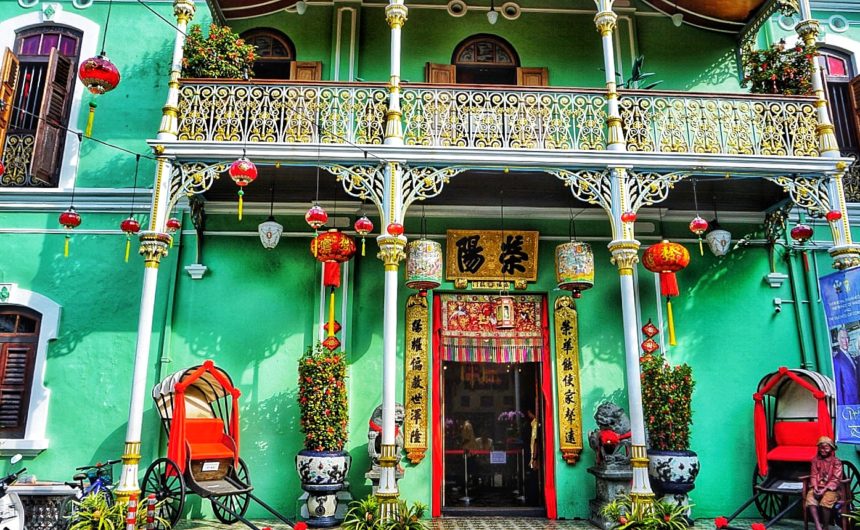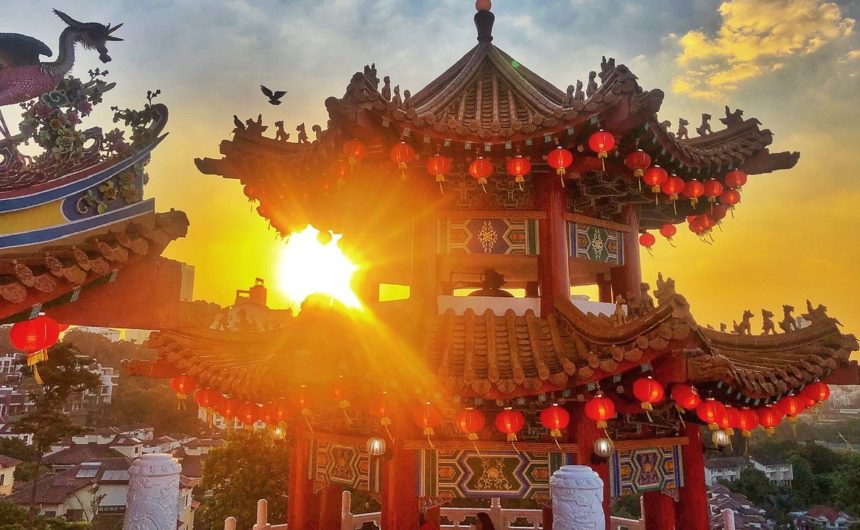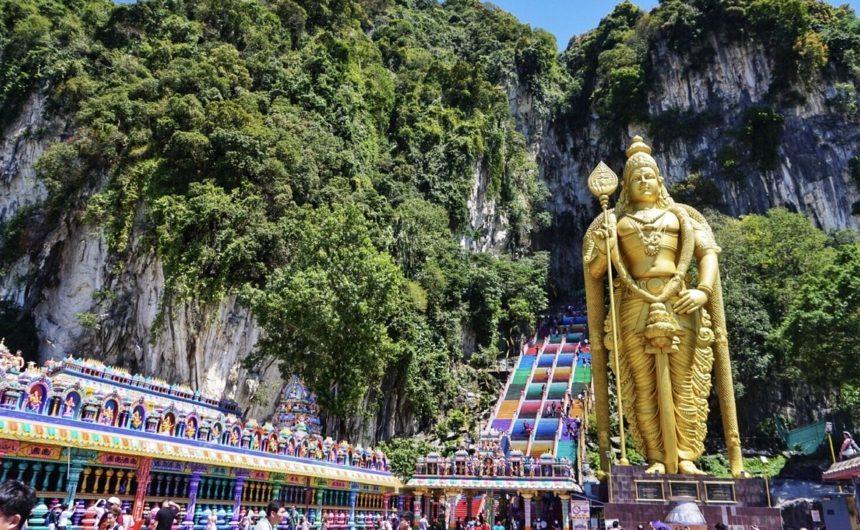- Angkor Wat Sunrise by Bicycle
- India – Everything You Need To Know Before You Go
- Myanmar – Everything You Need To Know Before You Go
- Vietnamese Food – 17 Must-Try Food and Drinks in Vietnam
- The Ultimate Guide to Exploring Ho Chi Minh City On a Budget
- Vietnam – Everything You Need To Know Before You Go
- Southeast Asia – Everything You Need To Know Before You Go
- 29 Reasons Why You Must Travel Southeast Asia
- How to Stay Safe in Southeast Asia
- Responsible Travel in Southeast Asia
- 20 Common Scams in Thailand And How To Avoid Them
- Ijen Volcano Blue Fire Hike in Indonesia
- Etiquette in Southeast Asia
- Orangutan Trek in Bukit Lawang (And What It’s Like To Get Chased By One)
- 14 Free and Cheap Things To Do In Ho Chi Minh City
- Indonesia – Everything You Need To Know Before You Go
- Laws in Singapore You Must Know Before You Go
- Thean Hou Temple in Kuala Lumpur
- The Ultimate Travel Guide for Singapore on a Budget
- 19 Fun And Free Things To Do In Singapore
- The Ultimate Guide to Exploring Kuala Lumpur On A Budget
- 14 Fun And Free Things To Do In Kuala Lumpur
- The 3 Most Beautiful Must-See Temples in Kuala Lumpur
- Malaysia – Everything You Need To Know Before You Go
Despite being a major tourism hub, Southeast Asia has a great deal of poverty and social inequality that have allowed human trafficking, exploitation and animal cruelty. Many popular tourist activities in Southeast Asia are extremely unethical and support human trafficking, exploitation and animal cruelty. As a result, Southeast Asia has become the world’s playground in some very negative aspects.
Activities that you engage in as a tourist have an impact on your destination. Here is everything you need to know to leave a positive impact with responsible travel in Southeast Asia:
YOUR PERSPECTIVE AS A TOURIST
ACKNOWLEDGE YOUR WESTERN PRIVILEGE
With the exception of Singapore, Southeast Asia consists of developing countries. This means that living standards will not be what you’re used to. Instead of judging, complaining and thinking your culture and way of life are superior, use it as a learning experience.
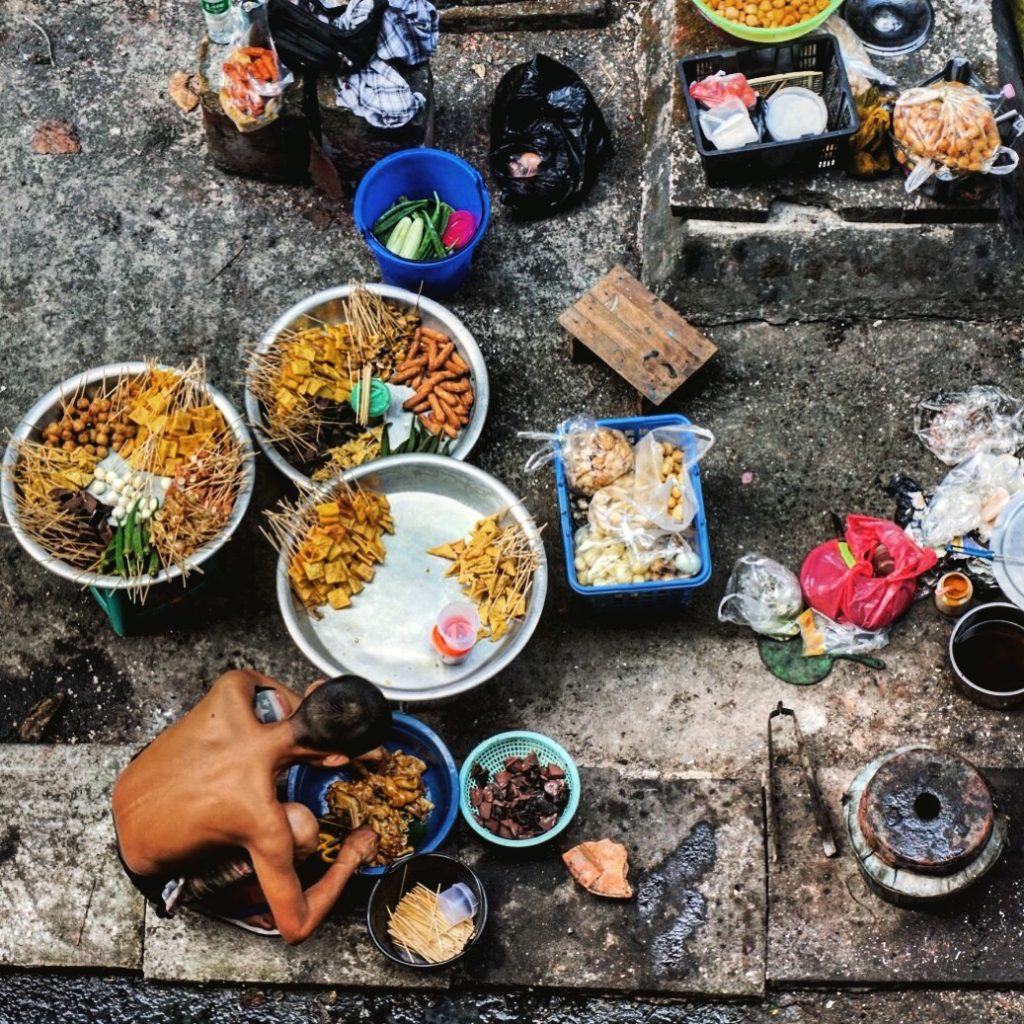
ENGLISH COMMUNICATION
Different languages are spoken in nearly every Southeast Asian country and some of the languages have a completely different alphabet. This means the odds of you being able to communicate in the local language in each country is extremely unlikely. But luckily, as a tourist, most locals you’ll interact with will speak some level of English. Be patient and appreciative of this. And make an effort to learn simple phrases like “hello” and “thank you” in the local language.
RESPECT RELIGIOUS BELIEFS & CULTURE
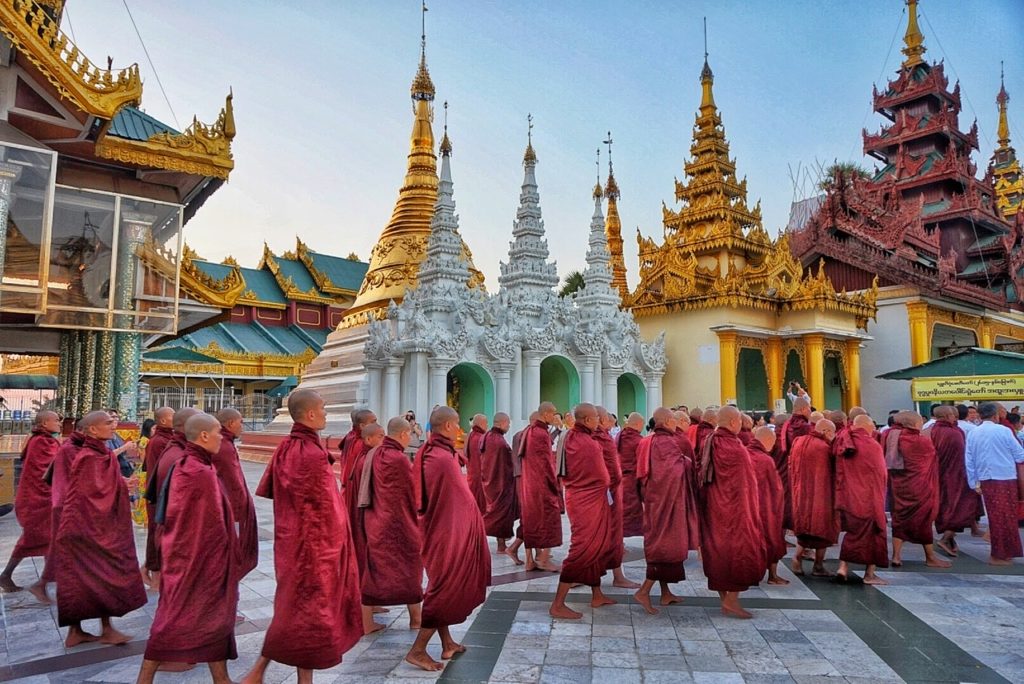
ANIMAL ATTRACTIONS
Animal attractions in Southeast Asia are often synonymous with animal cruelty. Doing very thorough research before visiting an animal attraction plays a very important role in responsible travel in Southeast Asia.
DO NOT RIDE ELEPHANTS
Elephants are not meant to ridden and they’re not meant to do entertaining tricks. In order to train an elephant, their trainers must break their spirit (i.e. repeatedly beat the hell out of them). Also, do thorough research if you want to visit an elephant “sanctuary” because it’s often just a word used to market the organization as ethical, but really the elephants are often being ridden, chained up and beaten. For some legitimately ethical elephant sanctuaries in Southeast Asia, see here.
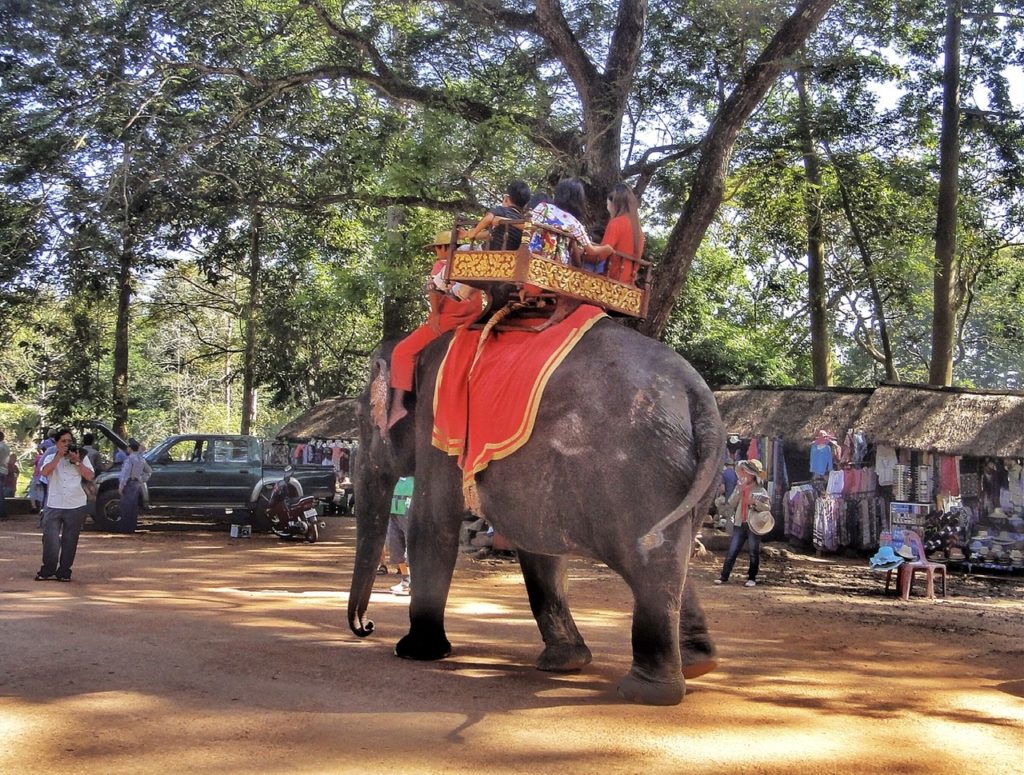
DO NOT VISIT THE TIGER KINGDOM IN THAILAND
This is where you can get pictures of yourself petting and hugging tigers. The draw of getting up close to a tiger in a safe environment is understandable, however, the tigers are treated very poorly and they’re drugged in order to maintain a safe environment.
SWIMMING WITH WHALE SHARKS
These endangered gentle giants have become a popular tourist attraction over the past few years. But if you want to swim with whale sharks, you must research the ethics of the tour companies because some feed the whale sharks to guarantee sightings. Feeding the whale sharks disrupts their natural migration routes, which is very damaging in the long run. You must ensure the tours don’t allow feeding, touching of the whale sharks and that the tours aren’t overcrowded.
Donsol in the Philippines is one of the few places to dive with whale sharks ethically. Avoid Oslob in the Phillippines because it’s extremely unethical. I was interested in diving with the whale sharks in Oslob until I learned about the horribly unethical practices.
HUMAN TRAFFICKING AND EXPLOITATION
Human attractions in Southeast Asia are often synonymous with human trafficking and exploitation. Avoiding ping pong shows and orphanages plays a very important role in responsible travel in Southeast Asia.
TREAT PROSTITUTES AND LADY BOYS WITH RESPECT
Thailand is the world’s brothel. But you’ll find prostitution in many other Southeast Asian countries as well. Prostitution is tolerated in Thailand because it’s considered a basic human need and a way to make ends meet. The role of providing for the family and elderly parents falls on the women and most regular jobs don’t provide enough income; therefore, they have no choice but to turn to prostitution.
However, even if all the western sex tourists in Thailand disappeared, prostitution would continue to flourish because it’s also a massive draw for sex tourists from China, the Middle East and India, etc. And local Thai customers are common as well.
If you absolutely must hire a prostitute, make sure they’re actually a legal adult (child trafficking and prostitution is a massive problem) and treat them with the dignity and respect that they are worthy of and deserve. Chances are they don’t want to be prostitutes, but they don’t have a choice if they want to feed their families.
Furthermore, if you see a tourist with a sex worker who appears to be a child, report it to the manager of the hotel, restaurant or bar.
AVOID PING PONG SHOWS IN THAILAND
Do not go to ping pong shows in Bangkok, Pattaya or Phuket. It’s a disgusting and disturbing show of young women doing tricks with their vaginas, like shooting out darts and ping pong balls etc.
Many of the young women at these shows are from rural towns in Thailand, Cambodia, Laos and Myanmar who are trying to support their families. And many of these women are involved in human trafficking.
AVOID THE LITTLE ANGELS ORPHANAGE IN CAMBODIA
Do not visit orphanages in Cambodia. Children are NOT a tourist attraction. The constant coming and going of people in and out of the children’s lives is severely damaging for their mental health. This is a big problem in Cambodia where thousands of children live in fake orphanages, even though the majority of the children have living parents, because they can make money from tourists. These orphanages make the conditions worse than they need to be so the tourists pity the children and donate more money. And the children are treated very poorly behind the scenes. If you visit one of these “orphanages”, you’re supporting human trafficking.
BE WARY OF EXPLOITING ETHNIC COMMUNITIES
The long necked women in Thailand are a great example of ethnic community exploitation. While these ladies are beautiful and unique, they’re Burmese refugees who are stuck in Thailand as a human zoo for tourists to take photos.
RESEARCH VOLUNTEER ORGANIZATION
Research the volunteer organization very thoroughly because unfortunately, a lot of volunteer organizations are unethical and exploitative. And some organizations are some of the biggest travel scams of all because so many of them charge foreigners a ton of money, yet the actual cause sees very little of this money. You should NOT have to pay to volunteer. If you do have to pay, it should only be a very small amount for food and accommodation, which are extremely cheap in Southeast Asia.
Some examples of volunteer organizations to avoid are building schools or houses, visiting orphanages, and many elephant programs.
The sad reality is that many of these voluntourism companies have made a very lucrative business out of commercializing poverty; therefore, they don’t actually want to help these communities in the long term because they will lose their business. Ultimately, a lot of voluntourism is actually colonialism disguised in the white savior complex.
For more information on voluntourism, see What To Know Before You Volunteer.
REDUCE YOUR ENVIRONMENTAL IMPACT
Try to avoid single-use plastic and dispose of your garbage properly because garbage is ravaging the beaches of Southeast Asia and harming the wildlife. Research eco-friendly tour and diving companies as coral reef damage is a huge issue.
RESPONSIBLE SPENDING
BARGAIN RESPECTFULLY
Southeast Asia operates on bargaining, but you must bargain fairly. A few extra coins is nothing to you, but everything to a vendor. I’ve seen travelers argue to the death with locals over the equivalent of $0.50-1, which is embarrassing and deeply disrespectful.
Also make sure you “save face” during bargaining transactions. Southeast Asians, especially in Buddhist cultures, place a high value on harmonious social interactions. Avoid getting visibly angry, raising your voice or getting into an argument as it causes embarrassment. Keep your cool and smile during interactions.
DO NOT BUY EXOTIC ANIMAL SOUVENIRS
Vietnam in particular has a massive industry that involves selling, exporting, and trafficking exotic and endangered wild animals. Avoid buying anything made from wild or endangered animals, like turtle shells, skins, and ivory, etc. It’s an illegal practice and contributing to it continues the demand for these destructive, inhumane and unsustainable practices.
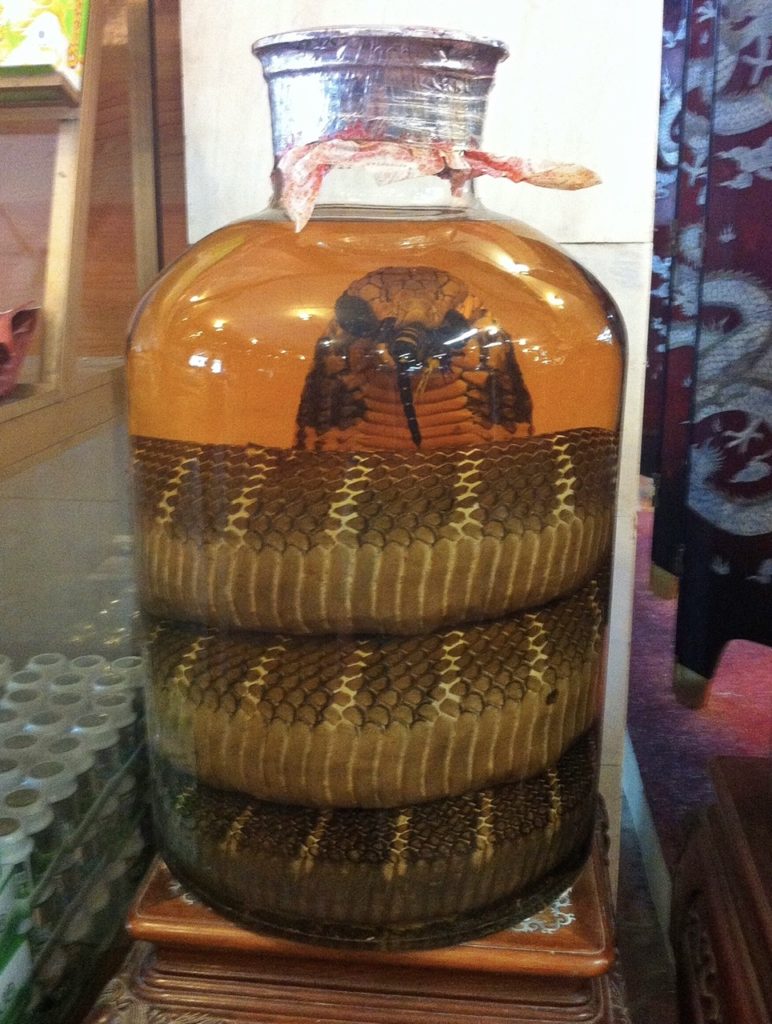
SUPPORT SOCIAL ENTERPRISES
A social enterprise sells good or services and then reinvests a part of the profit in the local community. Look for businesses that offer socially responsible tours, locally made and sustainable souvenirs and handicrafts, massages given by former female inmates or blind people, etc.
DO NOT GIVE TO BEGGING CHILDREN
As hard as it is, giving to begging children promotes a begging culture, child exploitation and it keeps them out of school. A lot of kids are pimped out so there are a lot of scams involved with begging children because children are hard to say “no” to. If you would like to help out, it’s better to do so through a local non-profit.
The milk scam is popular in Cambodia where a kid holding a baby in front of a store will ask you to buy them milk and food from the store. As soon as you buy it for them and leave, they return it and split the profit with the store.
Also do not give money to begging monks because they’re fake. Real monks never beg for money.
TIP SERVICE STAFF
Wages are extremely low in Southeast Asia, so help locals out by tipping waiters, tour guides, masseuses, porters, drivers, cleaners, bartenders, etc.
MORE ON TRAVELING SOUTHEAST ASIA
Southeast Asia – Everything You Need To Know Before You Go
29 Reasons Why You Need To Travel to Southeast Asia
How To Stay Safe in Southeast Asia
What to Expect While Traveling in Developing Countries
Vietnam – Everything You Need to Know Before You Go
Indonesia – Everything You Need To Know Before You Go
Myanmar – Everything You Need To Know Before You Go
20 Popular Scams to Avoid in Thailand

